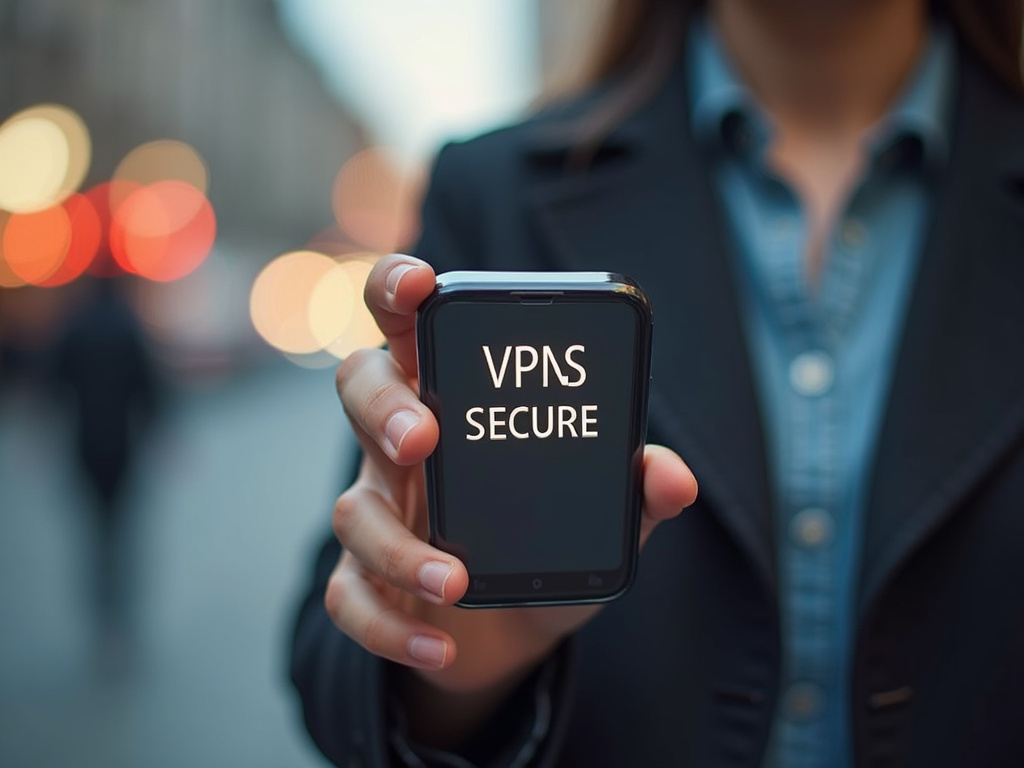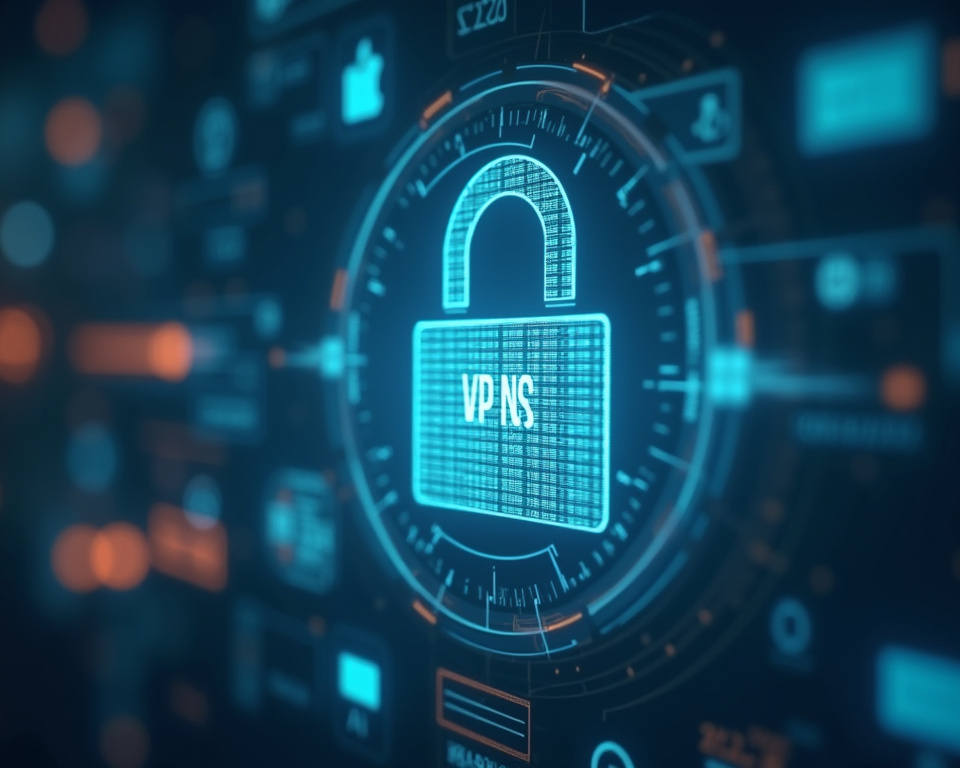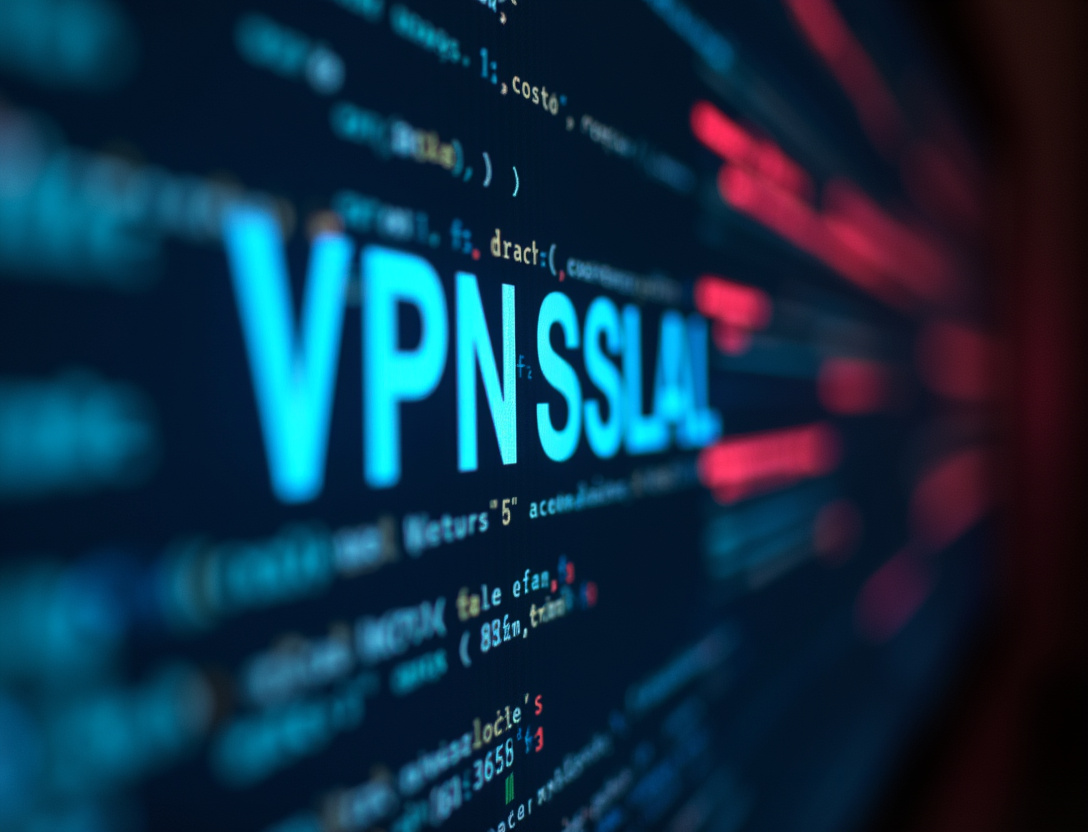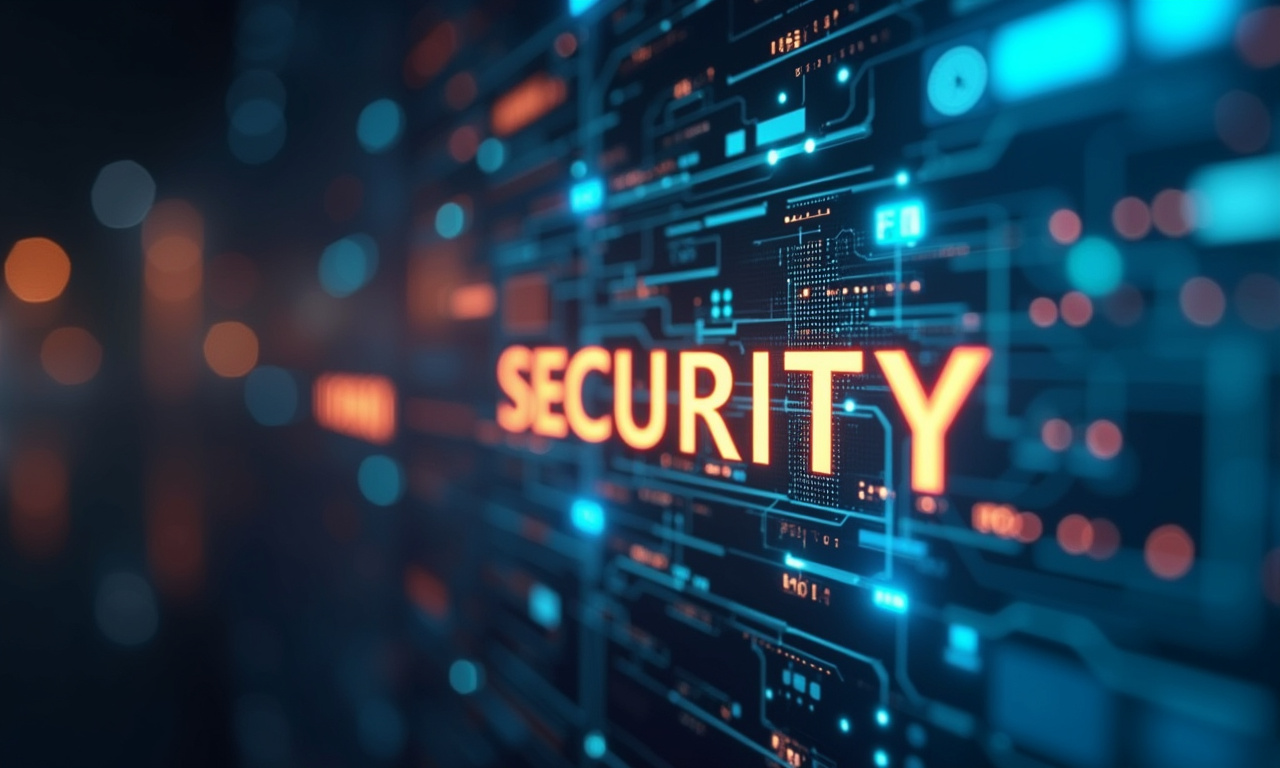VPNs for Theater Productions: Securing Scripts and Rehearsals
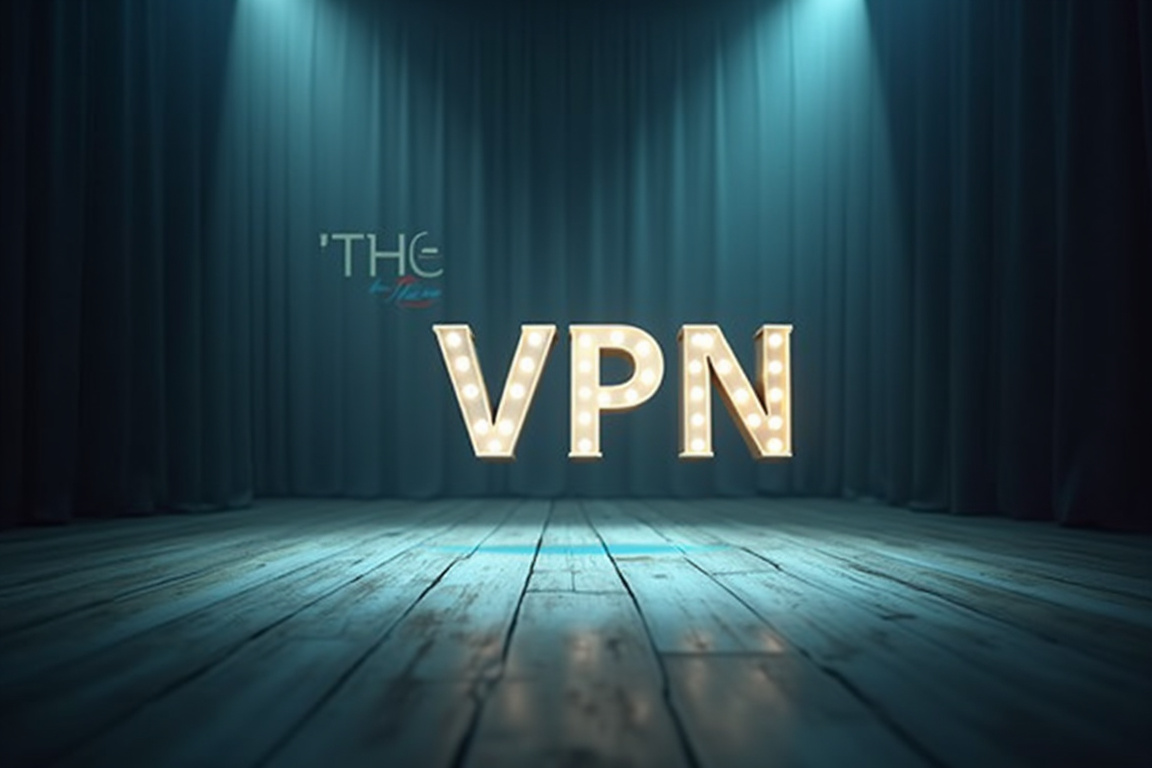
Table of Contents
VPN for theater
The world of theater, a collaborative art form built on creativity and meticulous planning, often operates with a surprising vulnerability in the digital age. From the nascent stages of script development to the intricate rehearsals leading up to opening night, a significant amount of sensitive information is constantly exchanged between playwrights, directors, actors, designers, and production staff. This includes not only the scripts themselves, with their unique storylines and character arcs, but also a wealth of supporting materials such as production notes, set designs, costume sketches, musical scores, and rehearsal recordings.
In an era where digital communication and cloud storage have become indispensable tools for streamlining the creative process, the inherent risks of intellectual property theft, premature leaks, and competitive espionage are significantly amplified. Emails, file-sharing platforms, and online collaboration tools, while convenient, expose this sensitive data to potential interception and unauthorized access. A single security breach can have devastating consequences, ranging from undermining carefully crafted marketing campaigns and spoiling plot twists for audiences, to the outright theft of original scripts and innovative staging concepts by rival productions.
The financial implications can be substantial, particularly for large-scale productions with significant investments in development and marketing. Beyond the monetary losses, the reputational damage and loss of creative control can be deeply disheartening for the artists involved. Recognizing and mitigating these risks requires a proactive approach to security, and this is where the implementation of a robust becomes not merely a best practice, but an absolute necessity for safeguarding the creative process and protecting the integrity of the final product.
A Virtual Private Network fundamentally transforms the internet connection into a secure and encrypted tunnel, shielding all data transmitted from prying eyes. By masking the user's true IP address and routing traffic through a secure server, a VPN effectively creates a private and protected connection, even when utilizing potentially vulnerable public Wi-Fi networks in coffee shops, hotels, or co-working spaces. In the context of theatrical productions, this translates to the secure transmission of scripts, rehearsal videos, confidential production details, financial information, and communications containing sensitive strategic planning.
Without the protection of a VPN, these materials become easy targets for cybercriminals, competitors seeking an unfair advantage, or even disgruntled individuals seeking to cause disruption or harm. forms the cornerstone of intellectual property protection in the theater industry. A leaked script can wreak havoc on a production, diminishing audience anticipation, allowing competitors to capitalize on original ideas, and forcing costly last-minute revisions.
Implementing a VPN ensures that when a playwright shares their original work with a director, or when a director distributes script updates to the cast, the information remains encrypted and inaccessible to unauthorized parties. Similarly, plays a vital role in preserving the artistic integrity of a production. Rehearsals often involve experimentation, improvisation, and the development of unique staging techniques that should remain confidential until the premiere.
Securing rehearsal recordings and live video feeds with a VPN prevents leaks and safeguards the creative process from premature exposure. This comprehensive strategy encompasses all aspects of the production lifecycle, from the initial spark of an idea to the final curtain call. The selection of an appropriate VPN solution for a theater production demands careful consideration of several key factors.
Speed is paramount, as delays and interruptions during online rehearsals or the downloading of large video files can significantly disrupt workflow. Robust encryption protocols, such as Advanced Encryption Standard (AES) with a 256-bit key, are essential to ensure that all transmitted data is effectively protected from interception and decryption. Furthermore, a strict no-logs policy is crucial, guaranteeing that the VPN provider does not track, store, or share user activity, thereby minimizing the risk of data compromise.
Multi-device compatibility is also an important factor, enabling all members of the production team to secure their computers, tablets, and smartphones with the VPN service. Beyond the technical considerations, establishing clear security policies and providing user training for the entire production team is essential. This includes educating employees on the proper use of the VPN, emphasizing the importance of strong and unique passwords, and outlining procedures for reporting suspected security breaches or incidents.
By effectively integrating a robust VPN solution with a comprehensive security policy, theater productions can significantly reduce their vulnerability to cyber threats, protect their intellectual property, maintain confidentiality, and ultimately ensure a secure and successful creative journey. The benefits extend beyond mere threat prevention; a secure VPN connection fosters trust and confidence among collaborators, encouraging open communication, creative risk-taking, and the free exchange of ideas without the constant fear of unauthorized exposure. This, in turn, can lead to even more innovative and compelling theatrical productions.
theater VPN
The multifaceted landscape of VPN technology presents a vast array of options, each distinguished by its own set of features, capabilities, and trade-offs. Navigating this complex terrain requires a clear understanding of the key differences between various VPN services to make an informed decision that aligns with the specific needs of a theatrical production. When selecting the ideal , one of the most fundamental distinctions lies between free and subscription-based VPN services.
While the allure of a "free" VPN solution can be tempting, particularly for productions operating under tight budget constraints, it's crucial to recognize that these services often come with significant hidden costs and potential risks that can far outweigh any perceived savings. Many free VPN providers monetize their services by employing practices that directly compromise user privacy and security. These practices can include tracking and logging user activity, injecting advertisements into web browsing sessions, and even selling user data to third-party advertisers or data brokers.
This fundamentally undermines the core purpose of a VPN, which is to protect privacy and safeguard sensitive information. Furthermore, free VPNs typically offer significantly inferior performance compared to their paid counterparts. They often suffer from slower connection speeds, limited bandwidth, and a restricted selection of server locations.
This can lead to frustrating delays and disruptions during online rehearsals, file sharing, and other critical activities, severely hindering the overall productivity of the production team. In addition, the security features offered by free VPNs are often less robust than those of paid VPNs. They may use weaker encryption protocols, lack advanced security features such as a kill switch (which automatically disconnects the internet connection if the VPN connection drops), and have a higher risk of malware infections.
For theater productions entrusted with highly sensitive scripts, production plans, financial data, and personal information of cast and crew, the compromised security and performance of a free VPN simply isn't worth the risk. In stark contrast, subscription-based VPN services provide a significantly higher level of security, performance, and privacy. They typically employ stronger encryption protocols, such as AES-256, to protect all data transmitted through the VPN tunnel.
They also adhere to strict no-logs policies, ensuring that user activity is not tracked, stored, or shared with third parties. Moreover, paid VPNs offer faster connection speeds, unlimited bandwidth, and access to a vast network of servers located in numerous countries around the world. This allows users to connect from virtually anywhere in the world and enjoy a seamless and secure internet experience.
For theater productions, the benefits of a paid VPN service are clear and compelling. Enhanced security protects sensitive information from unauthorized access, improved performance ensures smooth and efficient workflow, and global server access facilitates collaboration with team members located in different geographical locations. Another critical consideration in choosing a is the VPN protocol used.
Different protocols offer varying levels of security, speed, and compatibility. OpenVPN is widely recognized as one of the most secure and reliable VPN protocols available. It's an open-source protocol that uses strong encryption algorithms and supports a wide range of security configurations.
OpenVPN is a popular choice for users who prioritize security and privacy. IKEv2/IPsec is another popular protocol that offers a good balance of speed and security. It's particularly well-suited for mobile devices and is often used in corporate VPN environments.
WireGuard is a newer protocol that's gaining popularity for its speed and efficiency. It uses modern cryptography and is designed to be lightweight and easy to implement. The selection of the appropriate VPN protocol depends on the specific needs and priorities of the theater production.
If security is of paramount importance, OpenVPN is often the preferred choice. If speed and performance are critical, WireGuard may be a better option. And if mobile device compatibility is a key requirement, IKEv2/IPsec could be the most suitable solution.
Beyond the technical aspects of VPN protocols, another factor to consider is the location of the VPN provider's headquarters. VPN providers based in countries with strong data privacy laws are generally considered to be more trustworthy than those based in countries with weak or non-existent privacy laws. The jurisdiction in which the VPN provider operates can affect its ability to protect user data from government surveillance and other forms of interference.
Therefore, it's advisable to choose a VPN provider that's based in a jurisdiction with a strong commitment to data privacy and freedom of information. To effectively implement a strategy with a VPN,
VPN for theater
Once the fundamental decision regarding free versus paid VPN services and the selection of a suitable VPN protocol has been made, the next critical step involves the practical implementation of the within the specific context of the production. This encompasses not only the technical configuration of the VPN software or hardware but also the development and enforcement of clear security policies to ensure consistent and effective protection across the entire team. One of the first decisions to make is whether to configure the VPN directly on individual devices or to implement a network-wide VPN solution using a VPN router or a cloud-based VPN service.
Configuring the VPN on individual devices, such as laptops, tablets, and smartphones, offers a relatively straightforward approach, particularly for smaller productions with a limited number of team members. This typically involves downloading and installing the VPN client software on each device, configuring the VPN settings to connect to a specific server, and ensuring that the VPN is active whenever sensitive information is being accessed or transmitted. However, this approach can become cumbersome and time-consuming for larger productions with numerous team members and devices.
It also relies on each individual user to consistently remember to activate the VPN and adhere to security best practices. A more centralized and robust approach involves implementing a network-wide VPN solution using a VPN router. A VPN router acts as a gateway, encrypting all internet traffic for every device connected to the network.
This eliminates the need to configure the VPN on individual devices and provides a consistent level of security for all users. VPN routers are particularly well-suited for productions with a dedicated office space or rehearsal studio. Another option is to utilize a cloud-based VPN service, which provides secure remote access to the production's network and resources.
This is particularly useful for productions with team members working remotely from various locations. Cloud-based VPN services typically offer a scalable and flexible solution that can be easily adapted to the changing needs of the production. Regardless of the chosen implementation method, it's essential to configure the VPN with strong security settings.
This includes selecting a strong encryption algorithm, such as AES-256, and enabling advanced security features such as a kill switch and DNS leak protection. A kill switch automatically disconnects the internet connection if the VPN connection drops, preventing unencrypted data from being transmitted. DNS leak protection prevents DNS requests from being sent to the user's ISP, which can expose their browsing activity even when the VPN is active.
In addition to the technical configuration of the VPN, it's crucial to develop and enforce clear security policies for the entire production team. These policies should outline the proper use of the VPN, emphasize the importance of strong passwords, and provide guidelines for protecting sensitive information. The security policies should also include procedures for reporting suspected security breaches or incidents.
Regular security awareness training can help to ensure that all team members understand the importance of security and are aware of the potential risks. This training should cover topics such as password security, phishing scams, and malware prevention. Consistent enforcement of security policies is essential to maintain a strong security posture.
This may involve monitoring user activity for suspicious behavior, conducting regular security audits, and implementing disciplinary measures for violations of security policies. Regular security audits and vulnerability assessments are crucial to ensure that the remains effective in protecting sensitive information. This involves testing the VPN's security features, identifying potential weaknesses, and implementing necessary updates and patches.
Security audits should be conducted by qualified security professionals who can thoroughly assess the VPN's configuration, identify vulnerabilities, and recommend remediation measures. Vulnerability assessments can be performed using automated scanning tools that identify known security vulnerabilities in the VPN software and hardware. By proactively addressing security vulnerabilities, theater productions can minimize the risk of a successful cyber attack.
In addition to these proactive measures, it's also important to have a incident response plan in place in the event of a security breach. The incident response plan should outline the steps to be taken to contain the breach, mitigate the damage, and restore normal operations. The incident response plan should be regularly tested and updated to ensure that it remains effective.
In the realm of and , the integration
VPN for theater
The effective deployment of a goes beyond mere installation and configuration; it necessitates a strategic approach that integrates seamlessly with the existing workflows and collaborative dynamics of the production team. This involves not only technical considerations but also a deep understanding of the human element, recognizing that the strongest security measures can be undermined by human error or negligence. One crucial aspect often overlooked is the education and training of all team members on the proper use and importance of the VPN.
This extends beyond simply instructing them on how to connect and disconnect; it involves fostering a security-conscious mindset and promoting a culture of shared responsibility for protecting sensitive information. Training sessions should cover topics such as the risks of using public Wi-Fi without a VPN, the importance of strong and unique passwords, the dangers of phishing scams, and the proper handling of sensitive files and communications. Emphasizing real-world scenarios and potential consequences can help to reinforce the importance of these practices and motivate team members to adopt secure behaviors.
Furthermore, the training should be tailored to the specific roles and responsibilities of each team member. For example, those responsible for handling financial information should receive additional training on data encryption and secure payment processing. Similarly, those involved in script development and revision should be educated on the importance of version control and secure file sharing.
Creating clear and concise guidelines for the use of the VPN can also be helpful. These guidelines should outline the circumstances under which the VPN should be used (e.g., when accessing sensitive files, communicating confidential information, or using public Wi-Fi), the proper configuration settings, and the steps to take in case of a security breach. The guidelines should be readily accessible to all team members and regularly updated to reflect changes in technology or security threats.
In addition to formal training and guidelines, it's important to foster open communication and encourage team members to report any suspected security breaches or incidents. Creating a safe and supportive environment where individuals feel comfortable reporting concerns without fear of reprisal can help to identify and address security issues promptly. Regular security reminders and updates can also help to keep security top of mind.
These can be delivered through email, newsletters, or even informal team meetings. The key is to maintain a consistent and ongoing dialogue about security and to reinforce the importance of protecting sensitive information. Beyond education and awareness, implementing strong access control measures is crucial for limiting the potential impact of a security breach.
This involves restricting access to sensitive files and systems to only those individuals who require it for their job responsibilities. Role-based access control (RBAC) is a common approach to implementing access control, where users are assigned to specific roles and granted access to resources based on those roles. Regularly reviewing and updating access permissions is also important to ensure that only authorized individuals have access to sensitive information.
Multi-factor authentication (MFA) can add an extra layer of security by requiring users to provide multiple forms of identification before granting access to sensitive systems or data. This can include something they know (e.g., a password), something they have (e.g., a security token), or something they are (e.g., a fingerprint). Implementing MFA can significantly reduce the risk of unauthorized access, even if a password is compromised.
Another important aspect of is ensuring the secure disposal of sensitive information when it's no longer needed. This involves securely erasing or shredding physical documents, wiping hard drives and storage devices, and securely deleting electronic files. Simply deleting files is not sufficient, as they can often be recovered using data recovery tools.
Secure data disposal techniques should be used to ensure that the information is permanently unrecoverable. In the context of and , implementing these measures can significantly reduce the risk of a security breach. By educating team members, implementing strong access control measures, and ensuring secure data disposal, theater productions can protect their intellectual property, maintain confidentiality, and ensure a successful and secure creative process.
Furthermore, the investment in security can have a positive impact on
VPN for theater
Ultimately, the successful integration of a into the fabric of a production company is not merely a technical achievement; it's a cultural transformation. It requires a shift in mindset from viewing security as an afterthought to recognizing it as a fundamental pillar supporting the creative process. This transformation begins with leadership, where executives and artistic directors champion security best practices and allocate resources to support a robust security infrastructure.
Their commitment sets the tone for the entire organization, signaling that security is not just a technical concern but a core value. This proactive stance fosters a sense of shared responsibility among all team members, empowering them to actively participate in safeguarding sensitive information. One of the key elements of this cultural shift is the fostering of open communication and collaboration between technical staff and creative teams.
Security professionals must understand the unique challenges and workflows of theatrical productions, tailoring security solutions to fit seamlessly into the existing creative process without hindering artistic expression. Conversely, creative teams must be educated on the potential security risks and the importance of adhering to security protocols. This collaborative approach ensures that security measures are not perceived as obstacles but rather as enablers of creativity, allowing artists to explore new ideas and take risks without fear of compromising sensitive information.
Regular security audits and vulnerability assessments should be conducted not just as compliance exercises but as opportunities for continuous improvement. The results of these assessments should be shared with the entire team, highlighting both successes and areas for improvement. This transparency fosters a culture of learning and encourages everyone to contribute to the ongoing effort of strengthening security.
Investing in ongoing training and professional development for both technical and creative staff is also essential. This ensures that everyone stays up-to-date on the latest security threats and best practices, and that they have the skills and knowledge to effectively protect sensitive information. Certification programs, workshops, and online courses can provide valuable training opportunities and help to build a skilled and security-conscious workforce.
Beyond the internal culture of the production company, it's also important to consider the security of external partners and vendors. This includes conducting due diligence on all third-party providers who have access to sensitive information and ensuring that they have adequate security measures in place. Contracts with external partners should include clear security requirements and provisions for audits and compliance checks.
Collaborating with other organizations in the theater industry to share security best practices and threat intelligence can also be beneficial. This collective approach allows organizations to learn from each other's experiences and to better defend against common threats. Industry associations and professional organizations can provide platforms for sharing information and coordinating security efforts.
By fostering a culture of security, investing in training and professional development, and collaborating with external partners, theater productions can create a strong and resilient security posture that protects their intellectual property, maintains confidentiality, and supports their creative mission. The benefits of this proactive approach extend beyond mere threat prevention; a strong security culture can also enhance the reputation of the production company, attract top talent, and foster trust among audience members and stakeholders. In the ever-evolving landscape of cybersecurity, the commitment to security must be ongoing and adaptive.
Regular reviews of security policies and procedures are essential to ensure that they remain effective in addressing emerging threats. Staying informed about the latest security trends and vulnerabilities is also crucial for proactively mitigating risks. By embracing a culture of continuous improvement and adapting to the changing threat landscape, theater productions can ensure that their security measures remain effective in protecting their sensitive information and supporting their creative endeavors.
Ultimately, the integration of a and the establishment of a strong security culture is an investment in the future of the production company. By protecting their intellectual property, maintaining confidentiality, and fostering trust among stakeholders, theater productions can position themselves for long-term success and continue to enrich the cultural landscape with their creative contributions. The journey towards a secure and collaborative theatrical environment is a continuous process, but with a commitment to security at all levels of the organization, the rewards are well worth the effort.
Embracing , strong measures, and a robust strategy, empowered by a well-implemented , ensures that the spotlight remains firmly on the artistry and innovation that define the world of theater.
Stay Updated
Get the latest VPN news, tips, and exclusive deals to your inbox.
